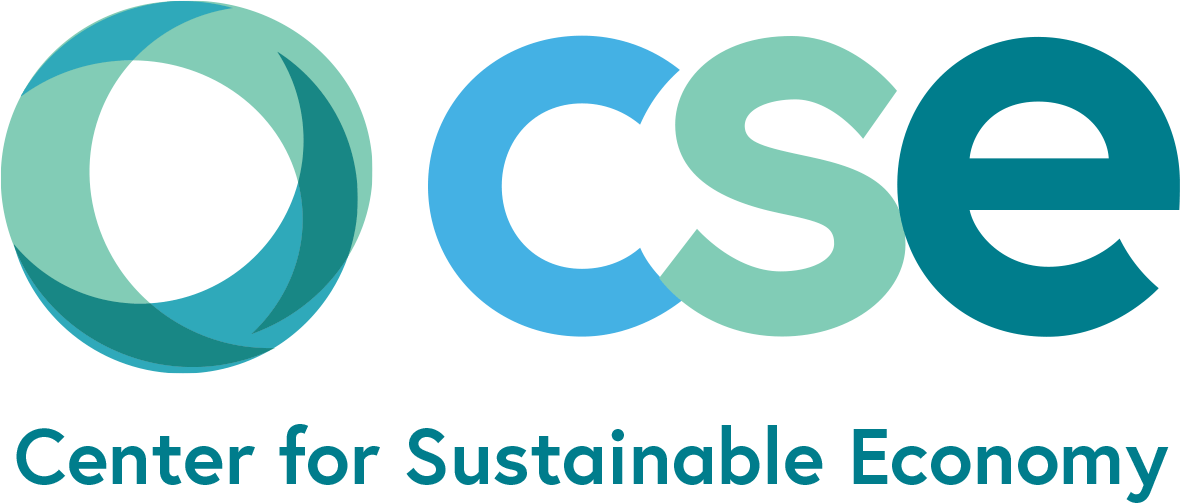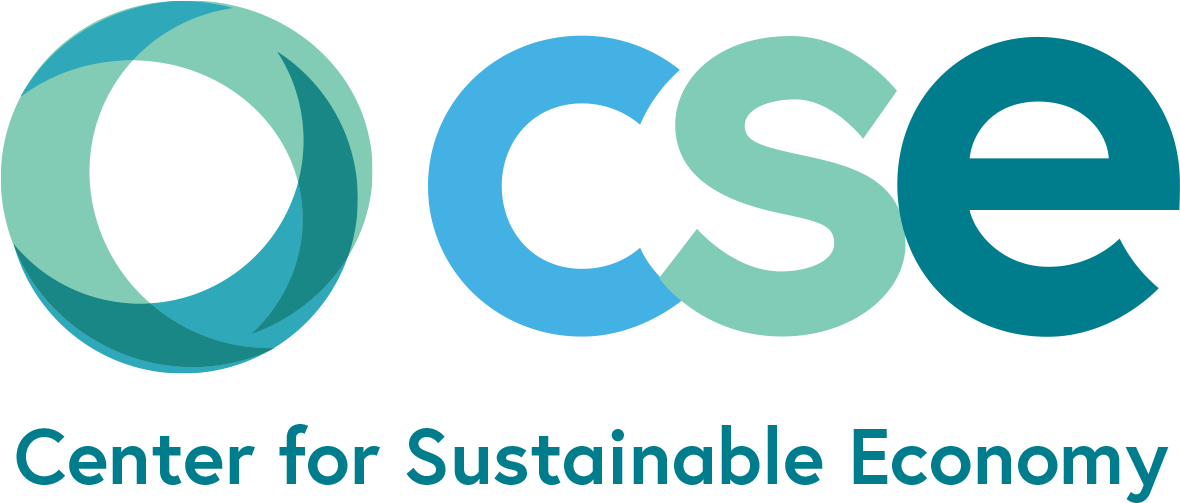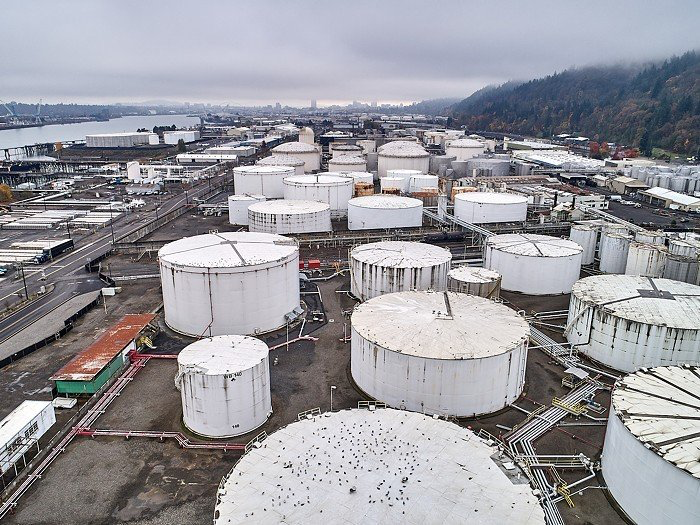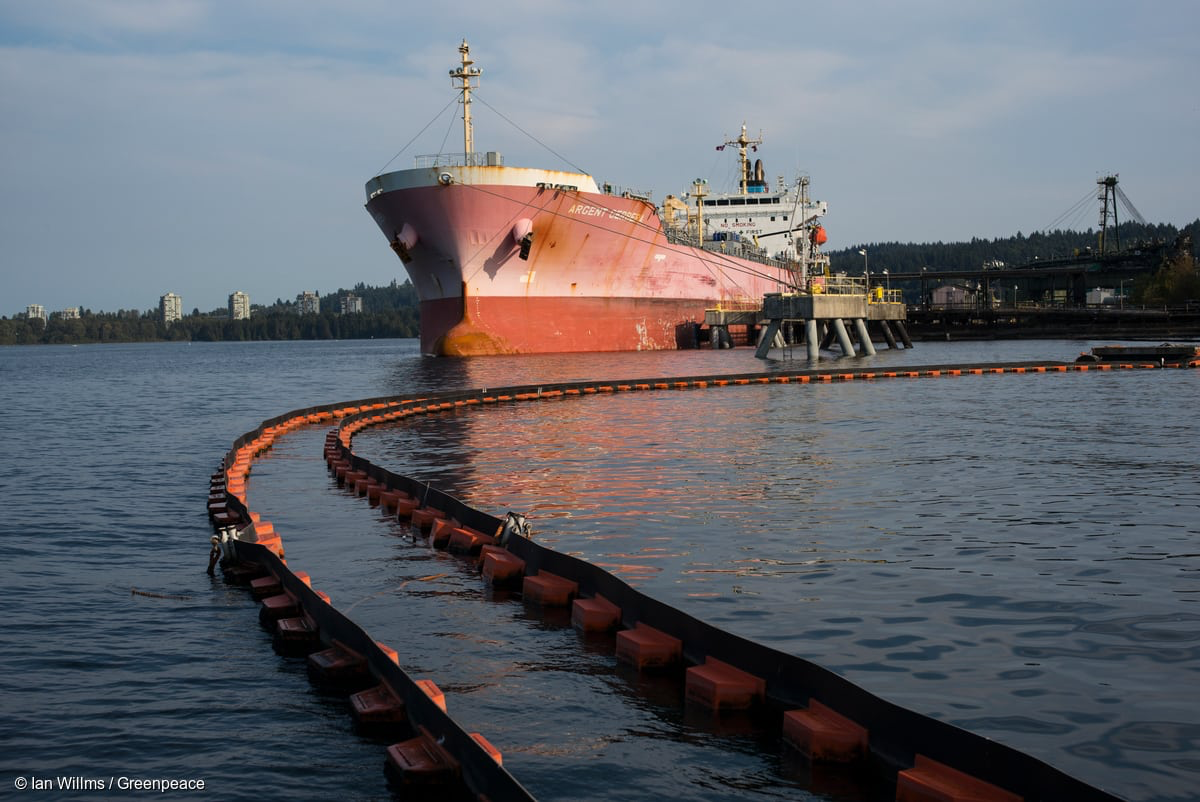Center for Sustainable Economy and its partners are moving forward on several Pacific Northwest fronts to get decision makers at the state and local levels to shift the costly burdens of fossil fuel infrastructure and climate change away from taxpayers and on to polluters. In 2016, we published a policy roadmap for doing so based on state and local government authorities to impose financial assurance mechanisms on owners of oil, gas and coal storage and transport facilities to guard against public financial risks of catastrophic accidents, spills, and decommissioning as well as surcharges on fossil fuel transactions to help pay for the costs of climate disaster response and climate adaptation.
Fossil Fuel Risk Bond Programs Move Forward in the Pacific Northwest
John Talberth • June 30, 2022
As previously reported, King County, Washington and Multnomah County, Oregon moved forward by passing resolutions initiating risk assessments to determine what level of financial risks taxpayers in those jurisdictions faced in the event of catastrophic, worst-case scenarios, such as a 9.0 earthquake along the Cascadia Subduction Zone. EcoNorthwest completed that assessment for Multnomah County earlier this year, and found that taxpayers could potentially face up to $2.6 billion in economic damages unless owners of fossil fuel infrastructure in Portland’s Critical Energy Infrastructure Hub (CEI) adopted stringent mitigation measures against seismic risk.
Spurred by that risk assessment, the Oregon Legislature, led by Senator Michael Dembrow (D-23) passed SB 1567, a bill that requires all owners of bulk oils and liquid fuels terminals in Multnomah, Columbia and Lane Counties to conduct and submit seismic vulnerability assessments to the Department of Environmental Quality by June 1st, 2024 and then directs the Environmental Quality Commission, in consultation with other agencies, to adopt a seismic risk mitigation program based on these assessments. Full implementation of SB 1567 has the potential to eliminate or significantly reduce taxpayer exposure for fossil fuel facilities in Oregon, and CSE will be engaging in the various assessment and rule making processes kicked off by the legislation over the next two years to help ensure this result.
In King County, the fossil fuel risk assessment was completed in February of 2022 and focused on evaluating the adequacy of existing financial assurance mechanisms for reducing the financial risk from fossil fuel facility development in unincorporated King County. That report recommended that the King County Council adopt an ordinance to impose financial assurance requirements on any future thermal, LNG, or oil terminals to guard against public financial risks associated with vapor cloud explosions that may occur under a worst-case scenario. The report also found that there was sufficient evidence to warrant financial assurances for decommissioning. A proposed ordinance, as of this writing, is before the King County Council.




